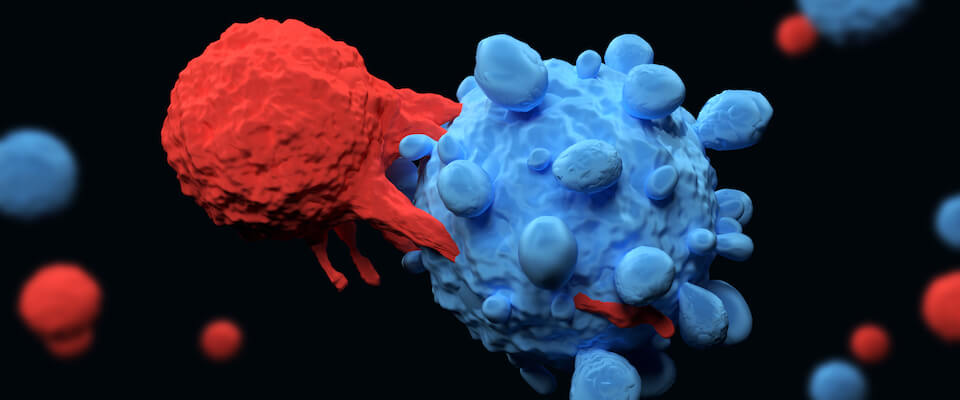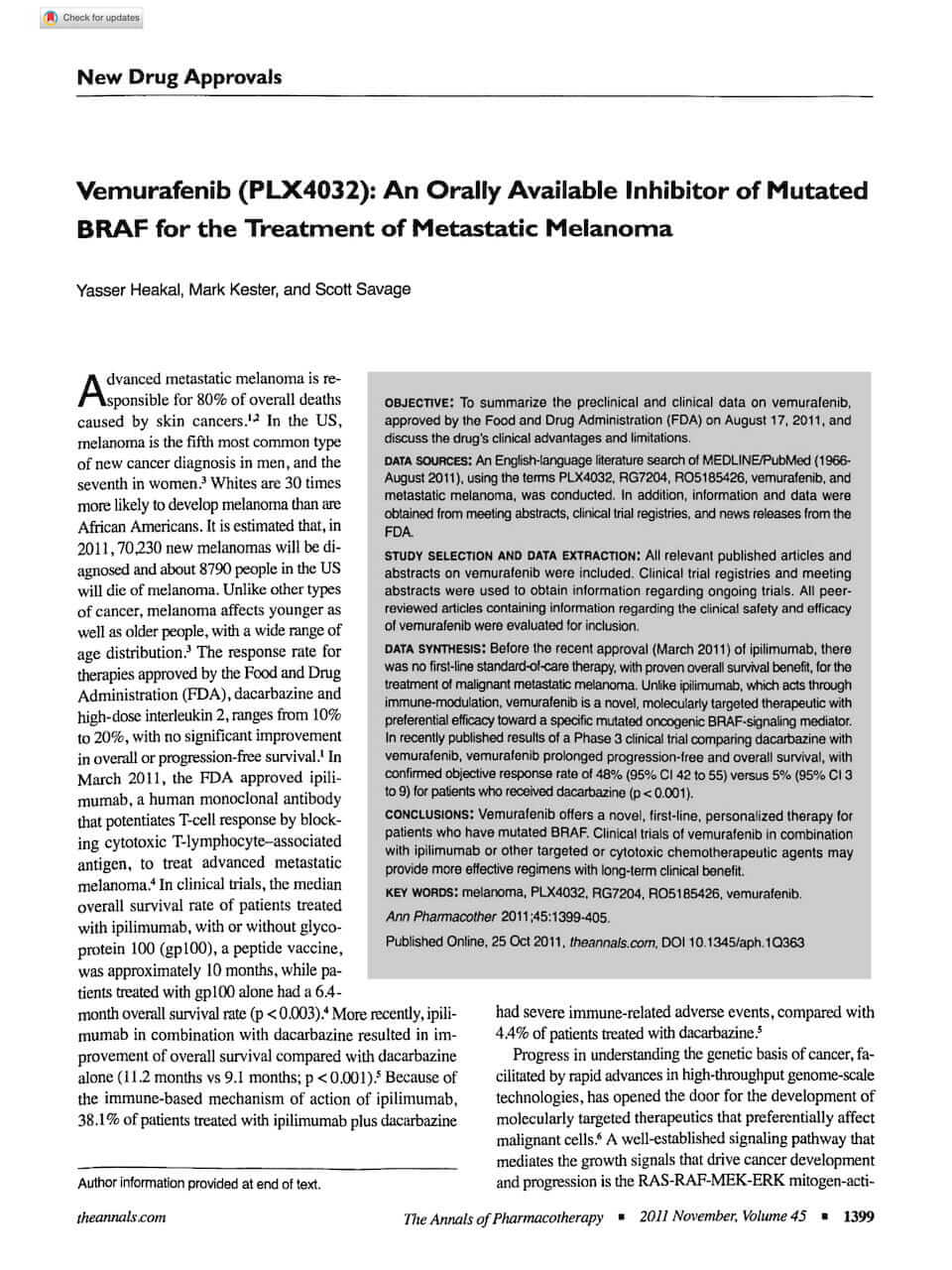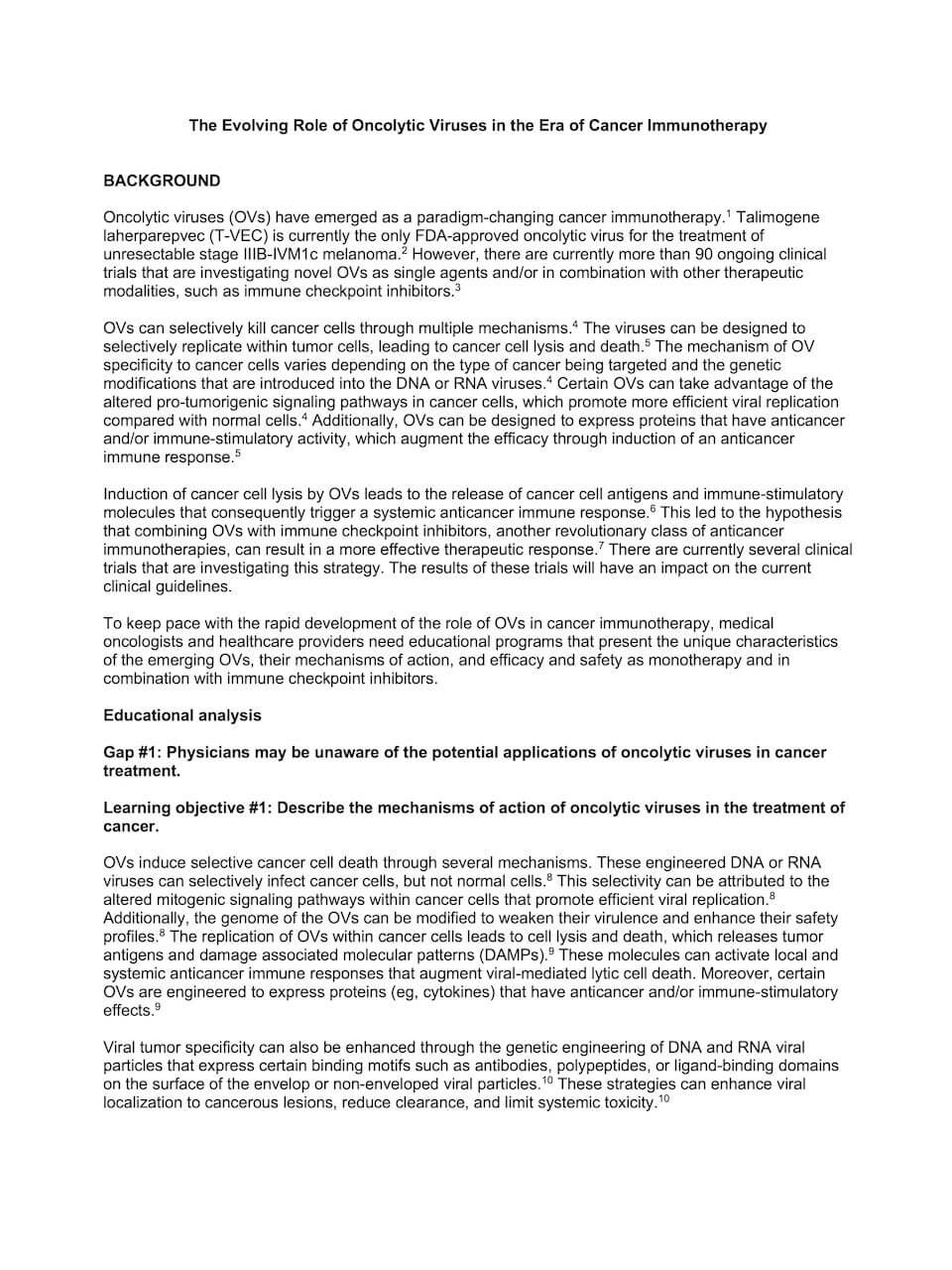Pyramids Medical Writing, LLC builds on in-depth expertise in medical communication, and pharmacy education.
We provide accurate, concise written documents tailored to your intended audience.
Therapeutic areas
We have experience with small organic molecules, biologics, viral therapy, cell-based and RNAi-based therapeutics.

Oncology
Solid tumors, hematologic malignancies, sarcomas and other rare cancers.

Cardiovascular Diseases
Heart failure, arrhythmias, coronary heart disease and other conditions.

Dermatology
Acne, atopic dermatitis, psoriasis, and other skin conditions.

Neurologic & Psychiatric Diseases
Parkinson’s, Alzheimer’s, epilepsy, multiple sclerosis, depression, schizophrenia, bipolar disorders and other conditions.

Gastroenterology
Ulcerative colitis, Crohn’s disease, irritable bowel syndrome and other gastrointestinal disorders.

Rheumatoid Arthritis & Autoimmunity
Arthritis and other autoimmune disorders.

Pulmonary Diseases
Asthma, COPD and rare respiratory conditions.

Endocrinology
Diabetes, reproduction, and other hormonal conditions.

Osteoporosis
Small molecules and biologics.
Deliverables

Needs Assessment
Needs assessment and content development for CME programs.

Manuscripts
Primary research manuscripts.

Review Articles
In-depth reviews that meets journal’s editorial requirements.

Slide Decks
Visually appealing designed slides to effectively communicate your message.

Feature and News Articles
Engaging articles that are tailored to your target audience.

In-depth Literature Search and Analysis
To support pharmaceutical companies in making drug development decisions. The findings are presented in excel, PPT and written reports.
Writing Samples

Review Articles
Vemurafenib (PLX4032): An Orally Available Inhibitor of Mutated BRAF for the Treatment of Metastatic Melanoma.


Primary Research Articles
LT-IIc, A Bacterial Type II Heat-Labile Enterotoxin, Induces Specific Lethality in Triple Negative Breast Cancer Cells by Modulation of Autophagy and Induction of Apoptosis and Necroptosis.

Slide Decks

News Articles
Could the Human Microbiome Hold the Key to Precision Cancer Immunotherapy?
